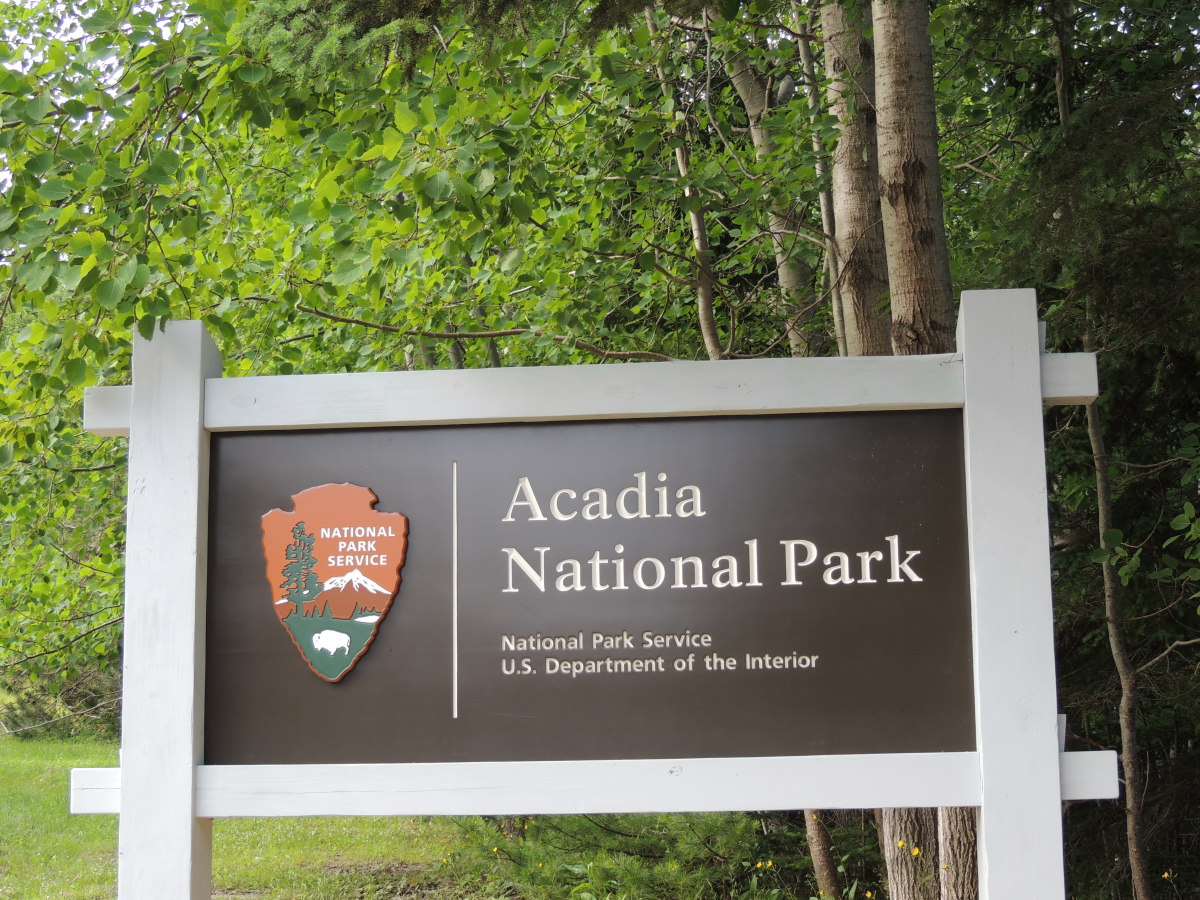Some Interesting Facts About Organic Coffee

What is Organic Coffee?
Organic coffee has been a common term for the past few years. In fact, a number of coffee products are now certified or labeled as organic. A lot of people may have already heard the term “Organic Coffee” but only a few are truly familiar on its significance and importance. The common info regarding organic coffee is that it is grown or produced without the use of any artificial chemical substance like pesticides, herbicides, and other certain additives.
For a coffee to be recognized as organic, it has to meet and pass certain national standards. One such condition (and actually the main requirement) is that only organic fertilizers should be used in the farm where the coffee is grown and cultivated. For those who are wondering, organic fertilizers may include but not limited to chicken manure, bocachi, coffee pulp, general compost, etc... On the other hand, inorganic fertilizers may include phosphate, synthetic nitrogen, etc… If such type of artificial fertilizers and chemicals are used, the grown crop couldn’t be recognized as organic.
Once the coffee crops are grown, the farms of suppliers who wished their goods to be certified will be visited and checked by certain personnel or agents. For example, in the US, this is done by two entities, namely, USDA (United States Department of Agriculture) and the OFPA (Organic Food Production Act) – with the latter focusing on production of the coffee (typically called post-harvest).
Conducted studies show that the largest producers and exporters of organic coffee seemingly came from three countries in Latin America, which are Mexico, Brazil, and Honduras. It is calculated that 75% of the world’s organic coffee came from Latin America with the mentioned three countries as being the biggest contributors.
Research also indicates that before an imported coffee product can be sold as organic in the US, it should pass the organic fertilizer requirement mentioned above as well as the two important criteria listed below:
- The coffee must be grown on land that wasn’t subjected to any form of inorganic fertilizers (or any similar products) three years prior.
- An ample margin should exist between conventional and organic coffee.
That’s it. Though organic coffee are pegged at a relatively higher price than normal coffee, in the long run, the health and nature related benefits of it are well worth the extra cost. That being said, there are various organic coffee pods and K-Cups available on amazon or on various online coffee stores. Be sure to order from a reliable site that offers quality products at reasonable prices. Don’t be shy to try and experiment with the wide assortment of coffee varieties.


![NatureWise Green Coffee Bean Extract 800mg - with 50% Chlorogenic Acids - Support for Weight Goals, Energy, and Antioxidants - Vegan, Non-GMO - 60 Capsules[1-Month Supply]](https://m.media-amazon.com/images/I/41rUU3Z8wOL._SL160_.jpg)







